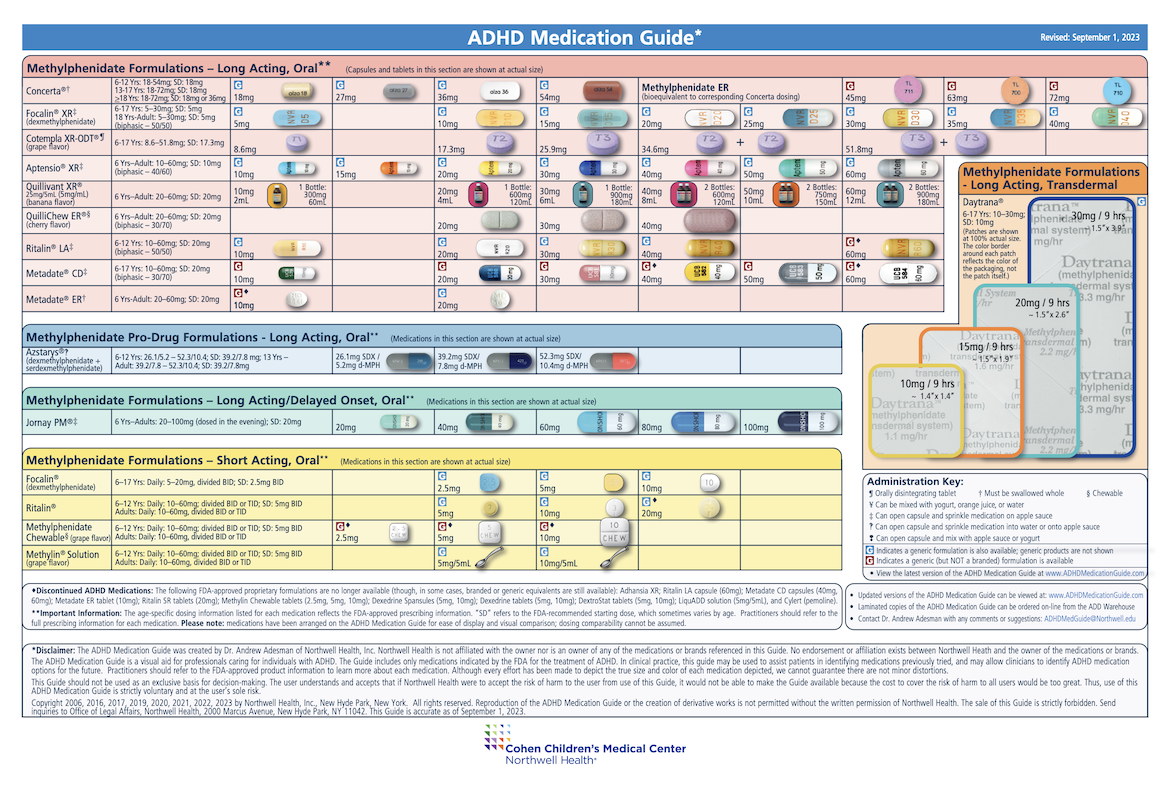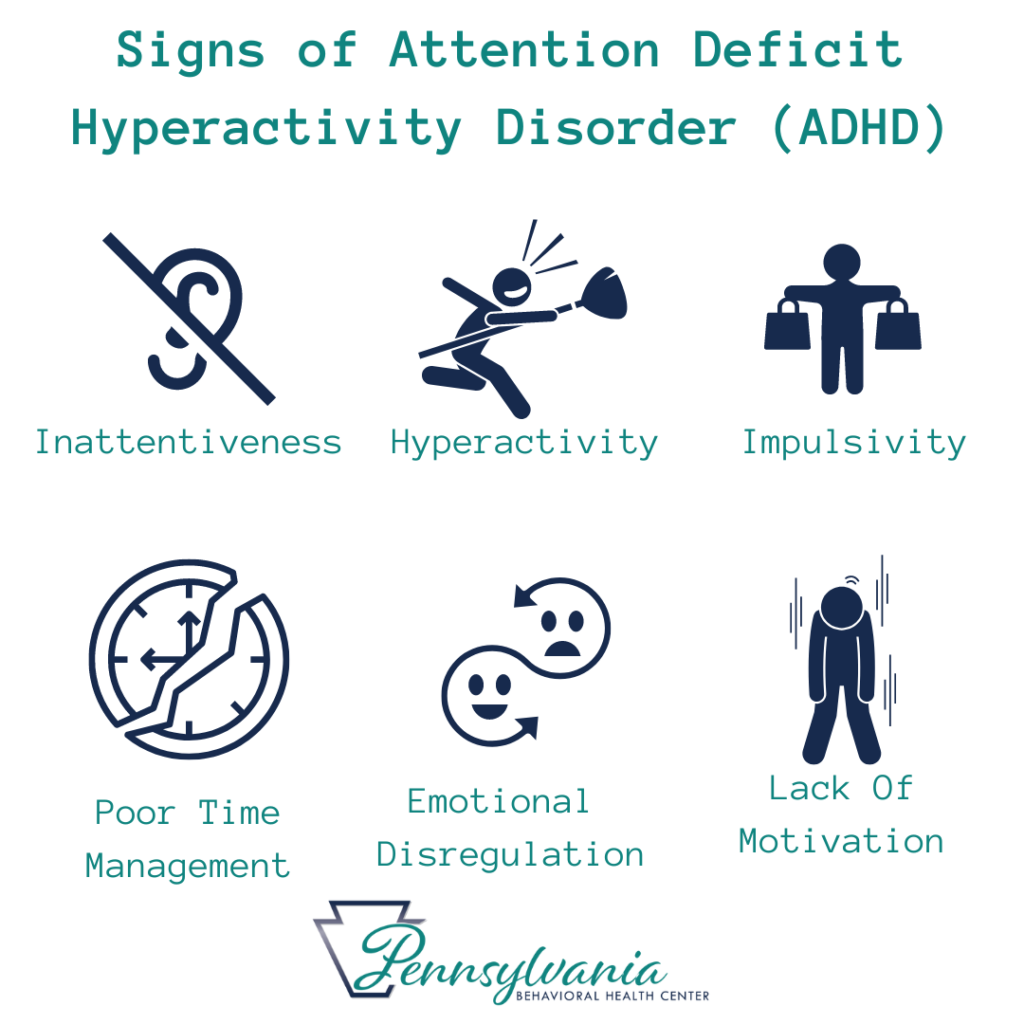Expert ADHD Treatment for Improved Care
Expert ADHD Treatment for Improved Care
Blog Article
The Advantages of Individualized ADHD Therapy Strategies for Better End Results
The application of personalized ADHD therapy strategies has arised as a crucial approach in boosting restorative outcomes for individuals influenced by this condition (ADHD treatment). By recognizing the special symptoms of ADHD in each individual, these tailored interventions promote greater involvement and motivation, eventually leading to much more reliable coping methods.
Understanding ADHD Variability
Although Attention-Deficit/Hyperactivity Disorder (ADHD) is frequently viewed as a singular problem, its symptoms can vary substantially amongst people. This variability is influenced by an array of variables, including age, sex, existing together problems, and ecological contexts. Kids with ADHD might exhibit hyper habits, while grownups may mostly battle with focus deficits. Gender distinctions also contribute, as males are extra regularly diagnosed with ADHD and typically present extra overt signs and symptoms, whereas females may provide with much less apparent inattentiveness.
Furthermore, people with ADHD might experience a range of emotional and behavior challenges, such as anxiousness or opposite defiance, that can complicate diagnosis and therapy. It is additionally worth noting that ADHD can offer in a different way across numerous cultural contexts, affecting exactly how signs and symptoms are identified and resolved.
Trick Components of Customization
Individualized ADHD therapy strategies are based in a number of vital parts that make certain efficient administration of the disorder. A detailed assessment is critical, involving standard rating ranges, meetings, and behavior observations. This thorough analysis enables clinicians to comprehend the person's unique signs and symptoms, toughness, and obstacles.
2nd, the participation of numerous stakeholders, including parents, teachers, and the individual, adds to a holistic sight of the person's demands. Cooperation cultivates a supportive setting that can adapt to the individual's context and lifestyle.
Third, treatment plans need to be adaptable and versatile, enabling alterations based upon continuous feedback and the person's evolving demands. This flexibility enables the assimilation of various therapeutic methods, such as behavioral interventions, psychoeducation, and medication monitoring.
Additionally, social and contextual variables should be taken into consideration. Acknowledging the person's history, values, and choices ensures that the treatment matters and respectful.
Finally, routine follow-ups and evaluations are important to monitor progression and make needed modifications. By focusing on these vital components, customized ADHD treatment plans can dramatically enhance the performance of treatments, resulting in improved results for people with ADHD.
Enhanced Involvement and Motivation
To properly advertise improved interaction and motivation in people with ADHD, it is vital to include strategies that resonate with their passions and toughness. Personalized therapy strategies that align with a person's enthusiasms can cause boosted participation in restorative activities, promoting a sense of possession and excitement for the process.
Utilizing interactive and innovative approaches can additionally dramatically improve motivation. Integrating gamification aspects or real-world applications of skills can make jobs a lot more enticing and relevant. This not just records attention yet also strengthens learning through enjoyable experiences.
Furthermore, setting achievable and purposeful objectives customized to the individual can reinforce motivation. When people see their progression in the direction of personally substantial goals, they are much more most likely to remain engaged. Routine responses and recognition of achievements can better endure inspiration, creating a positive feedback loop that urges ongoing effort.
Lastly, fostering an encouraging environment where individuals really feel understood and valued can substantially influence their interaction degrees. When treatment plans are established collaboratively, incorporating input pop over to these guys from the individual, they are much more likely to feel spent in their journey, ultimately causing boosted end results in taking care of ADHD.
Improved Coping Approaches
Developing improved coping methods is important for individuals with ADHD, as it outfits them with effective tools to browse day-to-day obstacles. An individualized therapy strategy enables the recognition of specific coping mechanisms customized to the individual's unique demands and scenarios - ADHD treatment. Methods such as mindfulness, time monitoring skills, and organizational strategies can be integrated into day-to-day routines, fostering a sense of control and minimizing anxiousness
Mindfulness practices, including meditation and deep-breathing exercises, assistance individuals with ADHD concentrate their attention and regulate their emotions. Time administration strategies, such as making use of timers or damaging tasks into smaller sized, workable steps, can minimize sensations of overwhelm. Additionally, organizational devices like imp source organizers and lists can enhance performance and accountability.
Long-lasting Favorable Results
Applying individualized ADHD treatment strategies can result in significant long-term favorable end results for people. These tailored approaches, which think about one-of-a-kind signs, choices, and life circumstances, help with much more efficient administration of ADHD symptoms gradually. By concentrating on the details demands of the individual, these plans improve adherence to therapy procedures and foster better engagement in healing tasks.

Moreover, personalized therapy strategies can dramatically decrease the threat of comorbid conditions, such as stress and anxiety and anxiety, which are commonly related to ADHD. Early treatment and constant support assistance people build strength and coping approaches, promoting general mental health.
Eventually, the long-term favorable end results of tailored ADHD treatment prepares not only improve the top quality of life for individuals yet likewise add to their general well-being and success in numerous life domains. This all natural approach emphasizes the importance of personalized treatment in handling ADHD effectively.
Conclusion

Report this page